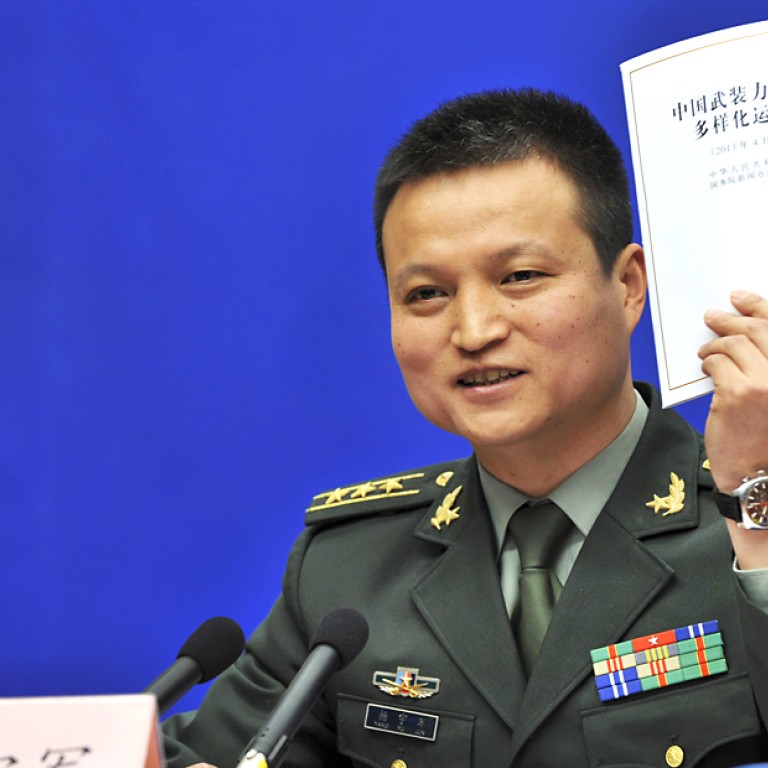
White papers: a window on Beijing's polices since 1991
The central government press office has published dozens of "white papers", often addressing controversial topics to an international audience.
The central government press office has published dozens of "white papers", often addressing controversial topics to an international audience.

"The white paper has become an important government document to formally explain facts and to state its opinion on certain issues," according to Jiang Jingsong, professor of law at the Central University of Finance and Economics in Beijing. The first such paper was about human rights, published by the State Council Information Office in 1991. Since then the government has published at least one white paper a year, with Tibet and human rights the most frequent topics discussed.
"China is a unified multi-ethnic country, where all ethnic groups are equal, and the state protects the lawful rights and interests of ethnic minorities," reads a paper on the National Human Rights Action Plan of China (2012-2015) published in 2012. In last year's paper on the "Development and Progress of Tibet", the government said: "The development and changes in Tibet are obvious to everyone. Any fair-minded person would be filled with amazement, and anyone who cares about Tibet will be pleased to see all this."
A total of 10 white papers have been dedicated to human rights.
The most prolific year for publication was 2011, when nine white papers covered topics including the space programme, foreign trade, climate change and Tibet.
In 2012, amid tensions with Japan over territorial disputes in the East China Sea, Beijing published "The Diaoyu Islands, an Inherent Territory of China".
Two white papers were published in 2003 and 2009 on the development of Xinjiang .
A former director of the State Council Information Office, Wang Chen, was quoted by Xinhua as saying white papers had developed to explain to the public and the wider world the government's stance on key issues.
"These white papers have offered a comprehensive and precise introduction to the Chinese government's stance, policy and progress on important issues," he said.

